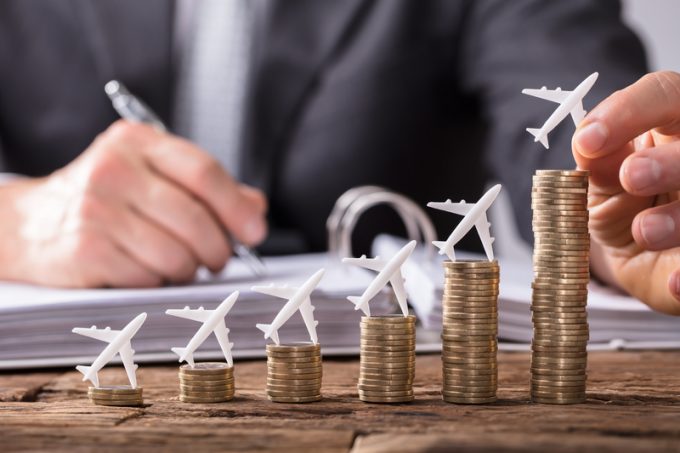Carrier price hikes hold, driving spot rates higher as space gets scarcer
Container spot freight rates on the transpacific and Asia-Europe trades saw a massive jump this ...

Forwarders can expect significant increases in air cargo terminal handling charges next year, as the sector struggles with rising costs.
It’s no secret that there have been some big winners, financially, from the chaos that is the current logistics market.
Blue Alpha Capital yesterday noted that shipping ...


Comment on this article
Pichuiyer Balasubramanian
November 23, 2021 at 3:31 pmIt is ‘SOS’ time for airlines to realize that handlers cannot be beaten down every time and still expect them to upgrade their handling and provide superior services. The current windfall must be shared with the handler. It is not fair for combination carriers to take shelter under the pretext of compensating for the disastrous performance on the passenger side. Apologies for being cynical but when will we see ‘true partnership’ to take this industry forward?